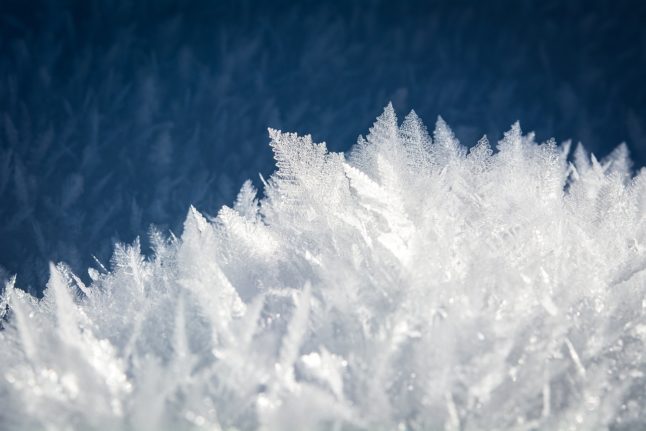Whether you’re planning on making an Osterbäumli, smash eggs with friends and family, or bake an Easter Zopf, here are the Easter holidays and the cantons that celebrate them in Switzerland.
Friday March 29th: Good Friday
Almost all Swiss cantons (barring Ticino and Valais) recognise Good Friday as a public holiday. Good Friday is supposed to be a day of fasting and abstinence rather than a holiday in Catholicism, with Ticino being a Catholic canton.
However, that doesn’t mean there aren’t any celebrations, with notable processions taking place through the streets of the village of Mendrisio in Ticino; while in Romont, Fribourg, the ceremony of the ‘Pleureuses’ takes place every year.
Sunday 31st March: Easter Sunday
Technically, Easter Sunday is also a national holiday. However, as is the case in Switzerland, due to it always falling on a Sunday, there’s no public holiday and you don’t get an extra weekday holiday in lieu.
On Easter Sunday in Switzerland, you can expect to see children hunting for brightly painted eggs and chocolate, and German-speaking Switzerland also has the ‘Eiertütsche’, which involves hitting two Easter eggs against each other.
Monday April 1st: Easter Monday
Easter Monday is also a national holiday in most of Switzerland, but not in Valais.
Who gets the least holidays?
Commiserations if you work in Valais, the only one of Switzerland’s 26 cantons not to have any official holidays during the Easter period.
So bad luck for those workers who live in Valais although as the Valais4You websites makes clear: “Although days before or after the major Christian holidays such as Good Friday, Easter Monday and Whit Monday as well as Boxing Day are not official holidays in Valais, they can be granted as days off by individual employers.”
Joyeuses Pâques, Frohe Ostern and Buona Pasqua!
Have a read of how the Swiss celebrate Easter – including some of Switzerland’s more bizarre Easter traditions…
And if you’re planning your holidays beyond Easter, find out what other days you’ll be getting off work this year based on where you live in Switzerland.
READ ALSO: What days will get off work in Switzerland in 2024?



 Please whitelist us to continue reading.
Please whitelist us to continue reading.
Member comments